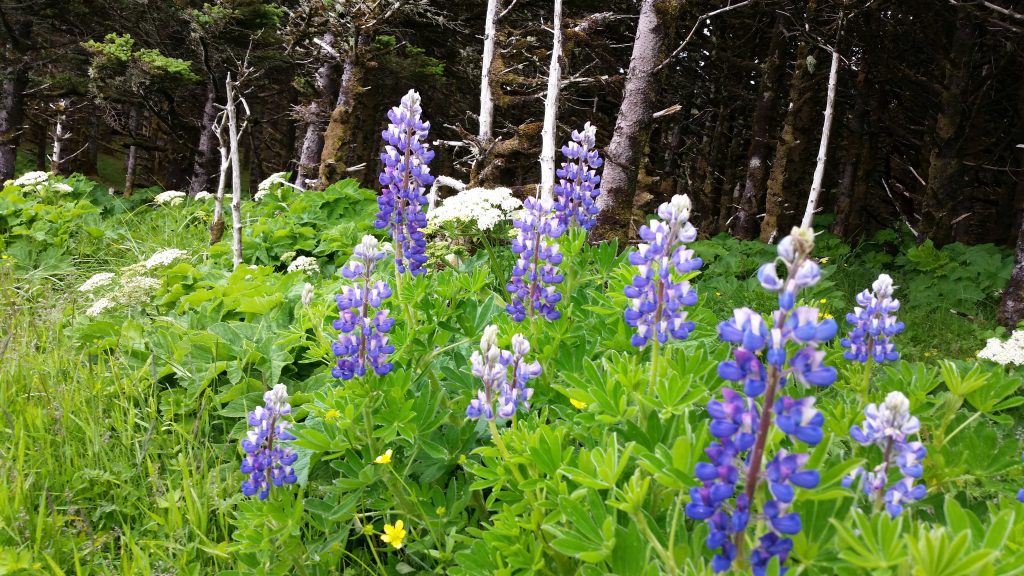History And Culture
Leisnoi is a village corporation with roots beginning on Woody Island which is located in the Kodiak Island Archipelago. It was home to an Alutiiq village and the first Baptist Mission Orphanage in Alaska, built in 1893. In the 1800’s Russians employed Woody Island native residents to hunt sea otters in the summer and cut and store ice during the winter.
Our Corporation was established in 1971 by the Alaska Native Claims Settlement Act (ANCSA). Today we own approximately 50,000 acres of land on Kodiak Island, Woody Island and Long Island. Leisnoi started out with 297 shareholders but now has over 422. The Corporation’s purpose is to provide shareholder benefits while managing its land and preserving its heritage.
History Of The Alutiiq
The Alutiiq people have inhabited the coasts of south-central Alaska for almost 10,000 years. The word ‘Aleut’ actually means coastal dweller. Our traditional homelands include Prince William Sound, the outer Kenai Peninsula, the Kodiak Archipelago, and the Alaska Peninsula. Our ancestors lived in small communities and lived off the land and sea.
Alutiiq people share many cultural practices with the other coastal peoples, particularly the Unangan / Aleut of the Aleutian Chain and the Yup’ik of the Bering Sea coast. Anthropologists believe these cultural similarities reflect a distant but common ancestry.
At the time of European colonization, there were distinct regional groups of Alutiiq, each speaking a slightly different dialect of the Alutiiq language.
Culture
The Alutiiq culture flourished on southern coasts of the Kodiak Archipalego. Our people’s lifestyle relied primarily on ocean resources such as salmon, halibut, and whale, as well as rich land resources such as berries or bird eggs. They created beautiful garments, bent-wood hats, kayak and other daily items from the resources available to them.
Today, our shareholders live throughout Alaska and the Lower 48, and come from all walks of life, but we are connected by a shared heritage and cultural pride.

